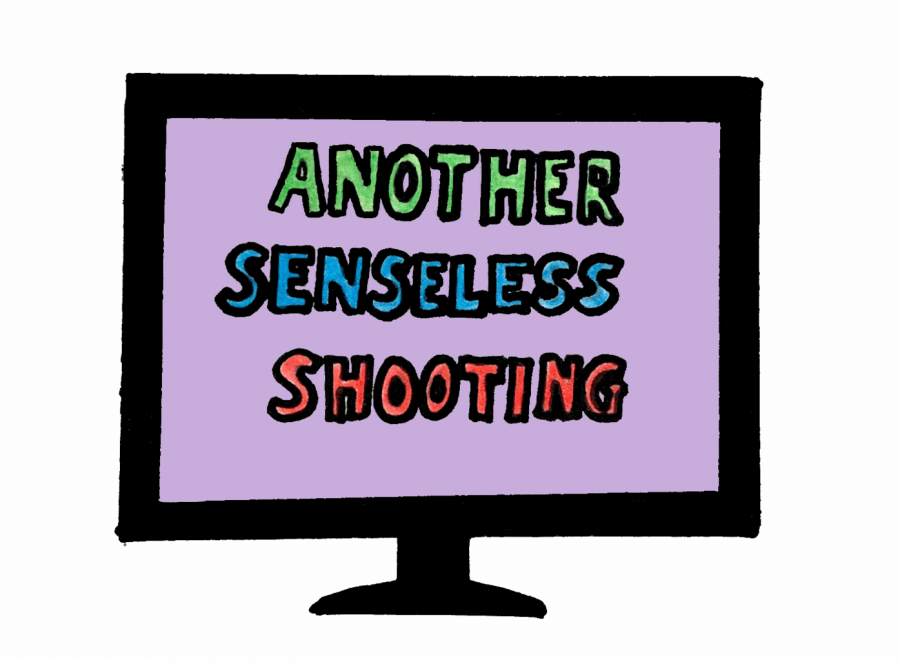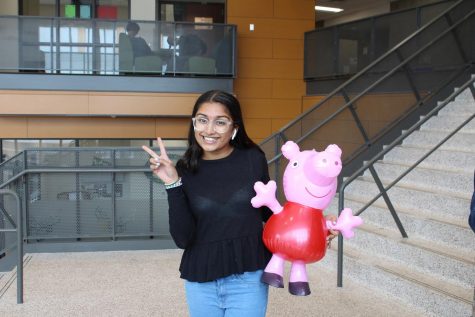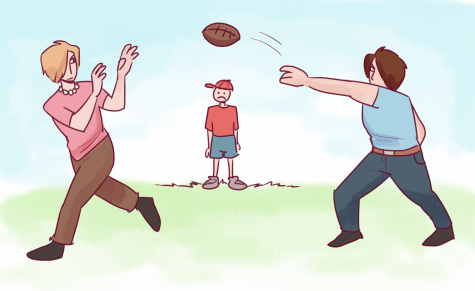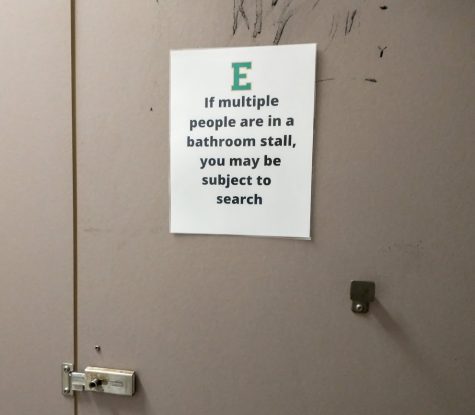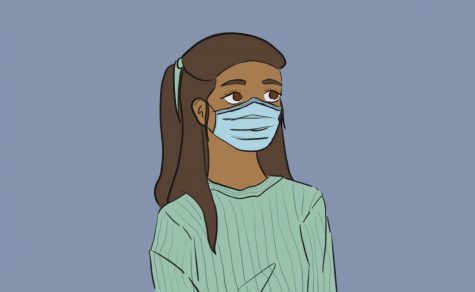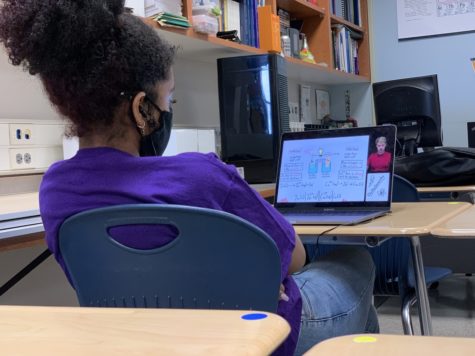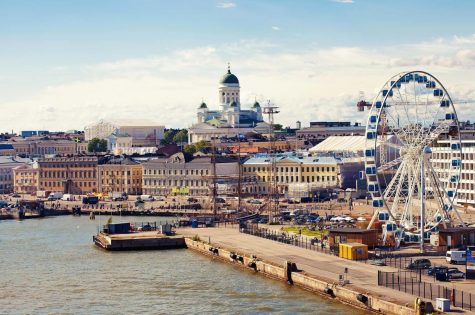The crisis of growing desensitization to mass shootings
As a society we no longer feel as strongly the shock of a mass shooting
November 28, 2018
When 17 students were shot and killed on Feb. 14, 2018, at Stoneman Douglas High School in Parkland, Florida, citizens across the country were left in shock and grief. Protestors took to the streets, empowered by the slogan “Never Again,” in an effort to push for an increase in gun control. Thousands of people across the country made a promise to themselves that rather than growing desensitized to gun violence, they would actively seek to shape the future, one in which gun violence was obsolete.
Yet, nearly nine months later, on Nov. 7, 2018, a gunman opened fire at the Borderline Bar and Grill in Thousand Oaks, California, killing 13 people and injuring 12 others. The Thousand Oaks shooting received a mere fraction of the media coverage that the Parkland shooting received, and when many Americans saw the news of the Thousand Oaks shooting, they dismissed it as just another shooting. The Thousand Oaks shooting wasn’t any less of a tragedy than the Parkland shooting, but the sheer number of mass shootings that occur in America each year has rendered us numb to gun violence.
A mass shooting is defined as any shooting in which a gunman shoots four or more people in one location. According to the Washington Post, the Thousands Oaks shooting was the 307th mass shooting in the United States in 2018. For context, Nov. 7 was the 311th day of 2018, meaning there is nearly one mass shooting every day in the US. With the frequency of mass shootings, it’s no surprise that we are becoming more and more desensitized to shootings. In fact, according to a study by Harvard University, the more we are exposed to criminal events (such as shootings), the more we become desensitized to these events. The study concluded that the more people were forced to confront violence, the more they distanced themselves from the event in order to avoid any trauma from the event. Because mass shootings happen so often in the US, rather than deal with the psychological trauma brought on by shootings, people subconsciously become numb to them.
Another reason we are becoming numb to mass shootings is due to the acceptance that nothing will be done to prevent these shootings. In the current political climate, there is a lot of discussion surrounding sensible gun control laws. The Republican Party platform advocates for the upholding of the Second Amendment and most members of the party believe that law-abiding citizens should have the right to own guns. Additionally, the National Rifle Association (NRA) donates millions of dollars each year to many Republican Congress members, making Republicans in Congress even more in favor of upholding the Second Amendment. The Democratic Party platform, on the other hand, is much more in favor of sensible gun control legislation. With the House, Senate, and presidency currently controlled by Republicans, it is unlikely that any substantive measures to prevent gun violence will be passed.
Because citizens feel like they can’t do anything to solve this problem, they have a sense of powerlessness and frustration. As gun violence continues to happen, citizens feel that they are unable to do anything about it, and as a result, many people put mass shootings out of their minds. Acknowledging this powerlessness, many citizens are faced with being emotionally invested in gun violence or being desensitized towards it. Ultimately, the frequency of gun violence combined with the inability of the current administration to solve this issue leads many people to become subconsciously desensitized.
As the death toll from gun-related deaths continues to rise, we as a country become more and more desensitized to shootings and have grown to accept shootings as an inevitable part of life. When we hear about shootings happening across the country, we simply return to our everyday routines.
Desensitivity to gun violence isn’t abnormal, in fact, it’s human nature. Several psychological studies within the last decade have shown that the more subjects heard about mass shootings in the media, the more emotionally disconnected they became from them. However, just because desensitivity to mass shootings is common, doesn’t mean it’s healthy. The issue isn’t that people naturally become desensitized to trauma, but rather that desensitivity to mass shootings has become the new normal.
This mindset that we can’t do anything to change the status quo is ultimately hindering the progress of gun violence prevention. Without citizens advocating for the causes they believe in, change in the current political environment is virtually impossible due to gridlock being at an all-time high. Rather than becoming increasingly desensitized to gun violence when such violence occurs, we should become more aware that mass shootings are a problem that needs to be solved. Instead of thinking we are powerless, we should channel our frustration into productive means like contacting our representatives, and exercising our civic duties like voting. In a time where the number of mass shootings rises by the day, it is crucial that we actively take steps towards solving this problem rather than becoming number to it.

